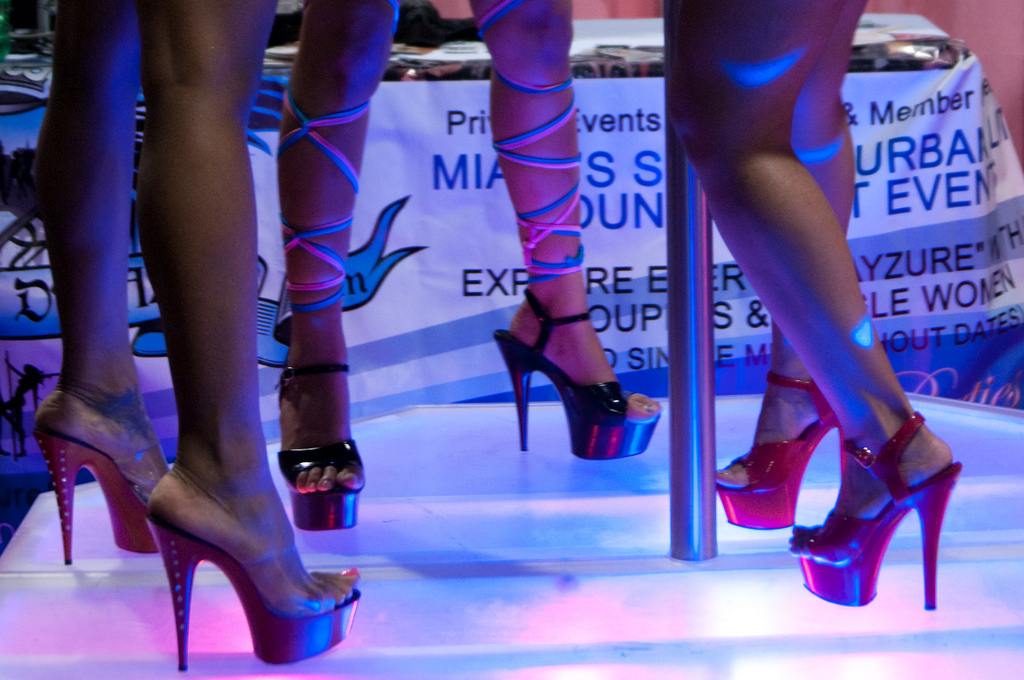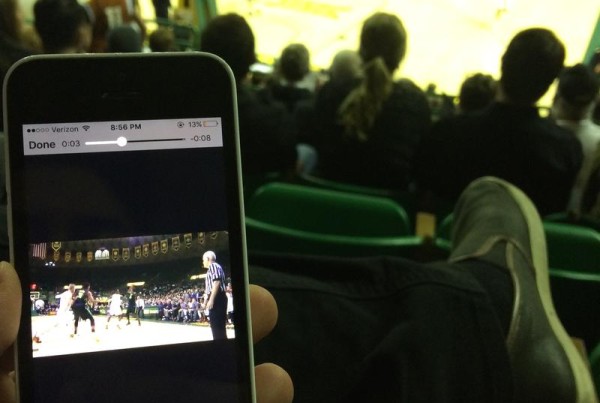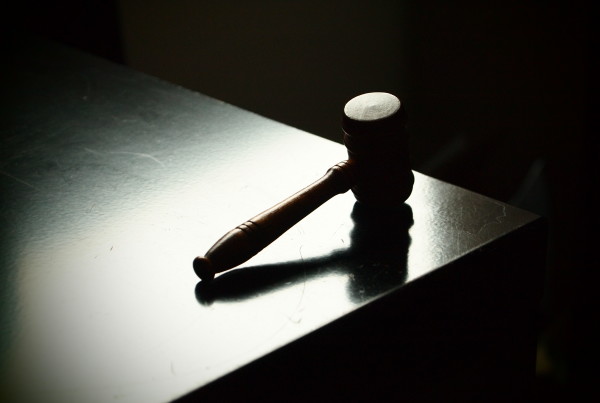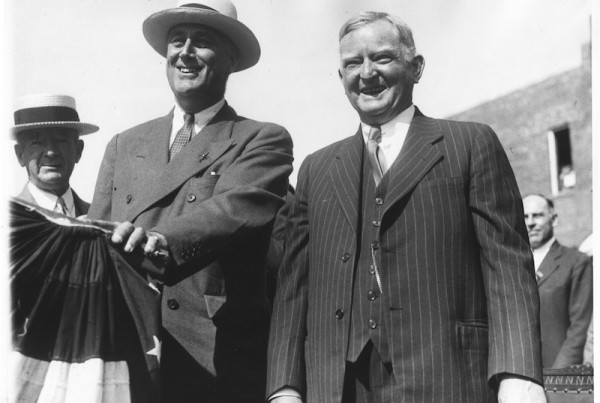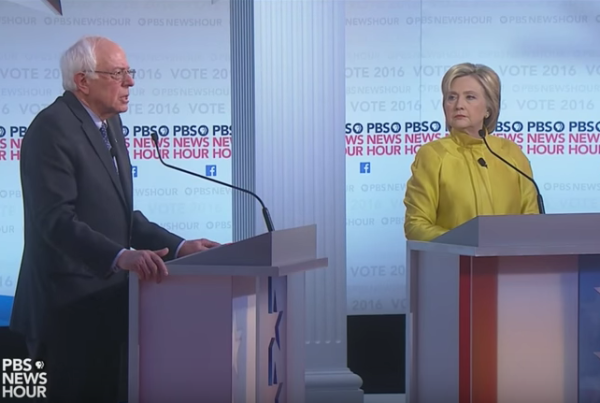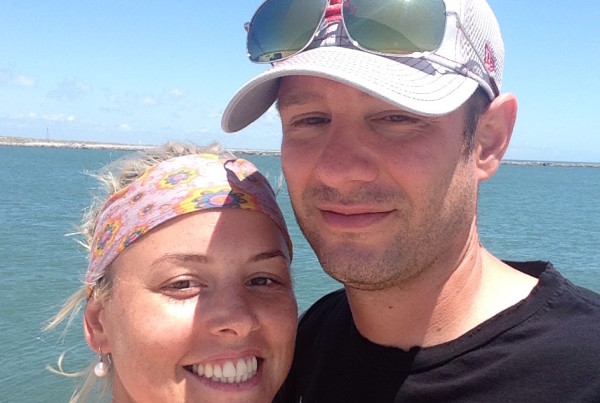Billed as the largest of its kind, the sex expo Exxxotica had set its sights on holding its May convention in Dallas. But this week the City Council voted 8-7 to keep the expo out of the city-owned Kay Bailey Hutchison Convention Center.
Mayor Mike Rawlings said it was a “civic obligation” to protect Dallas and its residents from a “business that participates in the commerce of sex, pure and simple.” But event director J. Handy says it’s a violation of their First Amendment rights, pure and simple. He’s threatened to sue the city and come to the convention center anyway.
But when, and on what legal grounds, can a city keep their property from being used by groups willing to pay for its use?
Brian Owsley, assistant law professor at the University of North Texas at Dallas, says he think it’s a fascinating case to follow.
“On the one hand, I think if the city council came in and said ‘Look, the expo can’t come at all, we don’t like their kind,’ that would be problematic,” Owsley says. “That would be definitely a very strong case of First Amendment speech and preventing them from doing that.”
Instead, Owsley says, the city is saying the Exxxotica can come to Dallas, with some limitations.
“They’re maybe not rolling out the red carpet,” he says. “But what they’re saying is you can’t come to our house, i.e. the city’s property.”
The interesting wrinkle, he says, is that the city owns the convention center.
“On some level, there’s an argument that they would be sponsoring this speech or this activity and they don’t want to do that,” Owsley says. “Which is a little bit different than saying you can’t engage in that speech at all.”
The city of Dallas says they don’t want to be seen as “promoting” an event that has beliefs or ideas they disapprove of. But the idea behind the First Amendment is that the government shouldn’t have the right to kick around people that it disagrees with.
“I’m not saying that that’s a great argument for (the city),” Owsley says. “But it’s better than if the city had voted the other day to say the expo can’t come to Dallas at all.”
Alternatively, Exxxotica could find another, maybe private, location to hold the event in Dallas. The city couldn’t prevent them from doing that.
This controversy brings to mind a court ruling that the state will not allow confederate flags to be printed on license plates. So the precedent is there that the government gets to choose what message it promotes and what it doesn’t.
“It’s one thing for the state or the city in this case to come in and say we don’t like this speech and we ban it,” Owsley says. “It’s another thing for the city to come in and say we don’t wanna put this message out. … If I were the city’s attorney, I would be arguing it’s not that we’re against this speech in general, it’s that we don’t want to appear to be endorsing it.”


